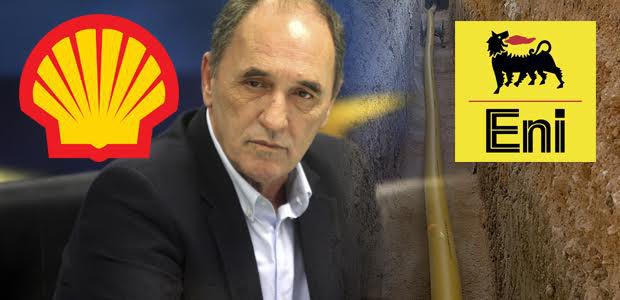With just one day remaining for a solution to be found as part of the bailout’s third review, the energy ministry and country’s lenders remain at odds over the future role of DEPA, the Public Gas Corporation, in Greece’s natural gas market, currently dominant and covering both the wholesale amd retail markets.
The lenders insist on a diminished role for DEPA that would restrict the corporation’s participation to less than 34 percent in the EPA Attiki and EPA Thessaly-Thessaloniki supply companies. This would end the gas utility’s retail market and managerial control in the two ventures.
On Tuesday, energy minister Giorgos Stathakis tabled a proposal entailing DEPA’s full withdrawal from EPA Thessaly-Thessaloniki through the sale of its current 51 percent stake to Italy’s ENI, the current holder of a 49 percent in this retail venture, as well as a full takeover of EPA Attiki through the acquisition of Shell’s 49 percent in this retail gas firm supplying the wider Athens area.
The lenders have rejected the proposal that would provide DEPA with full control of EPA Attiki, regarded as a form of nationalization that runs contrary to European Commission principles.
In practical terms, DEPA would remain omnipresent as a vertically integrated corporation with interests at both wholesale and retail levels. This contravenes the demands lenders have insisted upon for quite some tine now.
A preceding Greek proposal that would give DEPA a minority role in EPA Thessaly-Thessaloniki and an increased stake in EPA Attiki, plus managerial control, was also rejected by the lenders.
At this stage, two outcomes appear possible, the first being a Greek retreat that would leave DEPA with minority roles in both EPA supply companies. The other possible arrangement would allow DEPA to gain a stronger role in EPA Attiki, but not the venture’s full 100 percent.
The country’s lenders have already reached a general agreement with the government for a diminished DEPA role in Greece’s natural gas market in anticipation of its full liberalization as of January 1.





